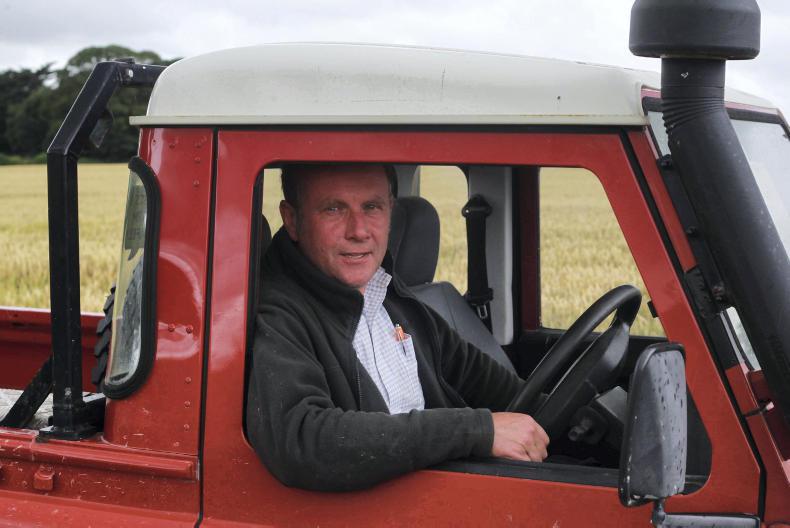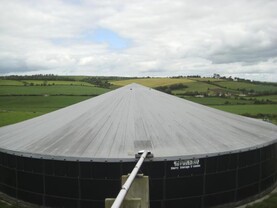I’d like to take you back to the late 1980s, to a time when cousin Norman and I were young fellows in our prime. Mrs P and I were just married, but Norman and Deirdre pipped us to the post. As young newlyweds, they needed temporary accommodation until they found somewhere to buy.
Deirdre had condemned Norman’s bachelor pad on the Longwood Road as unfit for human habitation, so the pressure was on to find somewhere to live. Anxiously, Norman asked me if our little cottage in the courtyard was available to rent.
“It is,” I said, “but there’s a problem. The courtyard is full of fodder beet and it’s not possible to get to the door. It’s even piled up against the windows. If you do get in, you won’t be able to see out. Might be alright for you, but Deirdre wouldn’t like it.”
In those days, we grew fodder beet, which Norman used to sow and lift. He was a tillage contractor at that time, but this was soon to change.
However, Norman wasn’t easily put off and said: “Sure give me the JCB for an hour and I’ll dig my way in. It’ll be grand.” So it was and they became our close neighbours for about two years. We became firm friends – a friendship which has flourished to this day. But there was the odd hiccup.
Goats
Deirdre had a pair of beloved goats, which were enclosed in the paddock behind the house. Every so often – at least twice a week – the wretched goats would escape and make a beeline for Mrs P’s sacrosanct rose bed in the garden.
There would be war in our house and I, being newly married, didn’t yet know how to placate Mrs P. I couldn’t shoot the goats. Eventually, they were tethered and tranquillity resumed. I think Norman and I ate most of them at a later date. Matter of fact, I’d say there’s still goat neck in the bottom of our freezer.
Norman was one of the most solid men I ever knew. With a sharp mind, he had that uncommon but highly desirable combination of brains and great hands, which could do anything.
He could have chosen any one of a variety of careers, but he was drawn to the soil and had a deep love of nature. He and Deirdre bought a farm in Carbury, Co Kildare, and became organic farmers, growing a range of vegetables which they sold through their farm shop.
I always admired hard-working Norman who, while farming a much smaller area than we do, made a successful business out of it and a good living. It seemed to be a pleasant way of life.
Beekeeping
As if he hadn’t enough to do, Norman took up beekeeping about 20 years ago. He kept beehives with us, gathering nectar from the flowering oilseed rape and beans. I was a bit jittery about this, as my crops are far from organic, but taking a leaf from Norman’s book, I have since largely ceased to use insecticides on all crops.
Norman cleverly circumvented the wandering bees issue by a little imaginative labelling on the honey jars, which stated that he couldn’t control where his bees flew, and if they were foolish enough to forage in sprayed crops, then so be it.
It came as a profound shock when I heard, just two months ago, that Norman was terminally ill. It seems so unjust that such a clean-living, fit and energetic man should succumb to the scourge that is cancer.
We who knew Norman Kenny are the better for it and it has been our great privilege to share our lives with him. May he rest in peace.






 This is a subscriber-only article
This is a subscriber-only article









SHARING OPTIONS: